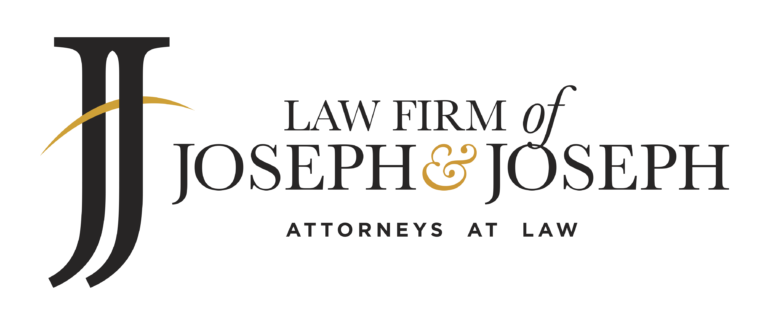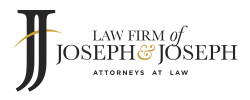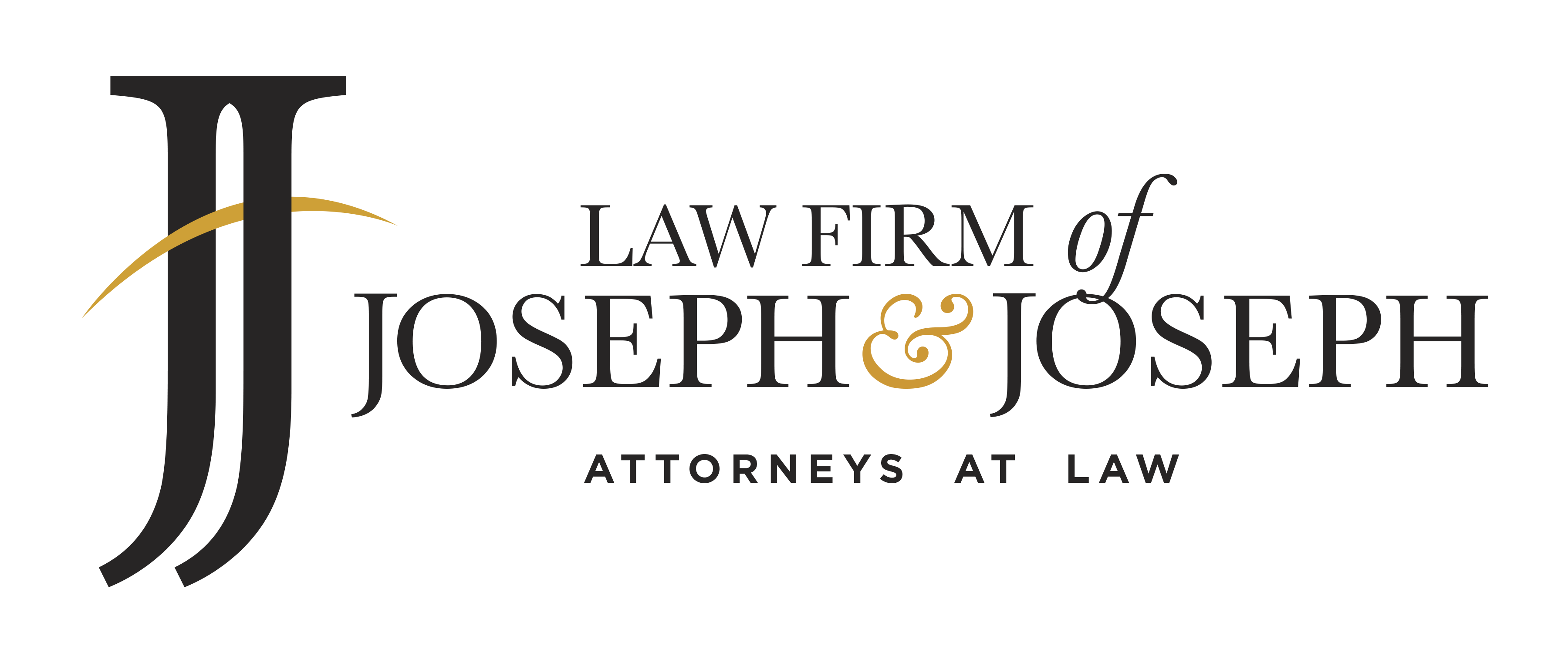By
Sir Lawrence A. Joseph
In modern liberal democracies such as what we have here in Grenada, it is most important that we have individuals within the society who raise issues in order to provide the necessary checks and balances to governance. However such individuals must be extremely careful that they do not appear to be raising issues which, in the minds of ordinary Grenadians, portray themselves as scraping the bottom of the barrel in an effort to find issues. If this is the case then they would be seen as not being sincere and would lose credibility in the eyes of many.
In this context it is important to give consideration to a certain concern which was recently expressed by Senator Ray Roberts in an email which he recently sent to me and others. Senator Roberts expressed the concern that the Foundation which was established by current Prime Minister Dr. Keith Mitchell could violate the Integrity in Public life Act. That Foundation was recently launched by hotelier, Sir Royston Hopkin as Chaiman for the purpose of raising funds from the sale of books which contained past speeches of the Prime Minister entitled “Words in Service” and by receiving donations in order to assist young people. From all reports the Foundation is completely independent of any direct input from Prime Minister Dr. Mitchell as he is not a member and there is no intention for him to gain financially from the exercise. It seems to be a purely charitable Foundation.
In raising his concern, Senator Roberts mentioned that the operation of the Foundation may present a situation of conflict of interests for the Prime Minister and raise ethical issues as donors to the Foundation may have undue influence on the Prime Minister which may result in decisions which are not in the best interest of the country. Moreover, he continued, there will be the perception that the Prime Minister may exploit his official role as Prime Minister in order to benefit his Foundation by influencing persons to make donations to it.
At the end of his email Senator Roberts informed that he has already made a complaint to the Integrity Commission and seems to have invoked section 12 (1) (e) (and not section 12 (e) as was mentioned in the email) of the Integrity in Public Life Act which provides that the Commission shall “investigate the conduct of any person falling under the purview of the Commission, which in the opinion of the Commission may be considered to be dishonest or conducive to corruption.”
Whilst section 41 of the Act makes provision for any person to make a complaint in writing to the Commission, the question arises as to whether the present complaint is reasonable. As the complaint seemingly has already been made, the Commission has a duty as provided for by section 42 of the Act to give the Senator an opportunity to be heard, to examine the complaint and to make a determination on the matter. The Commission could reject the complaint because it may either find that it is frivolous or vexatious or that the complaint does not pertain to a matter that the Commission is empowered to undertake.
However section 43 provides that if upon examination of a complaint the Commission is of the view that an investigation is necessary, then it must inquire further into the matter. Both the complainant and the person about whom the complaint is made are entitled to be represented at the inquiry either personally or by an attorney-at-law. In the present circumstance if the Commission finds that there is a breach of the Code of Conduct, a report of its findings must be sent to the Speaker of the House of Representatives for an appropriate action to be taken. However if the evidence indicates that a criminal offence may have been committed the findings must be given to the Director of Public Prosecutions.
It is to be noted that the Sixth Schedule to the Integrity in Public Life Act, 2013 outlines a Code of Conduct which is expected to be followed by persons in public office. Based upon this Code, in the present circumstance, significant questions which the Commission may have to consider are the following: Has the Prime Minister allowed, or is he allowing his private interest to conflict with his public position? Is the Prime Minister taking advantage of his public position for his private interest? Can the private interest of the Prime Minister influence or appear to influence the impartial and objective performance of his official duties?
From all appearances it does not seem that Senator Roberts is accusing the Prime Minister of any dishonest or corrupt activity. His position boils to the charge that a sitting Prime Minister ought not to establish a Foundation, such as the Dr. Keith Mitchell Foundation to be used for charitable purposes as he or she may be exposed to corruption. Is this really the intention of the Integrity in Public Life Act, 2013 bearing in mind that section 33 of the same Act even allows such persons to set up a Blind Trust for financial gain? Or is Senator Roberts merely scraping the bottom of the barrel to find an issue?
Buyer technology interaction design partnership business-to-business learning curve infographic vesting period angel investor mass market rockstar ecosystem twitter growth hacking. Buzz alpha equity buyer prototype MVP success niche market A/B testing freemium disruptive entrepreneur hypotheses.



